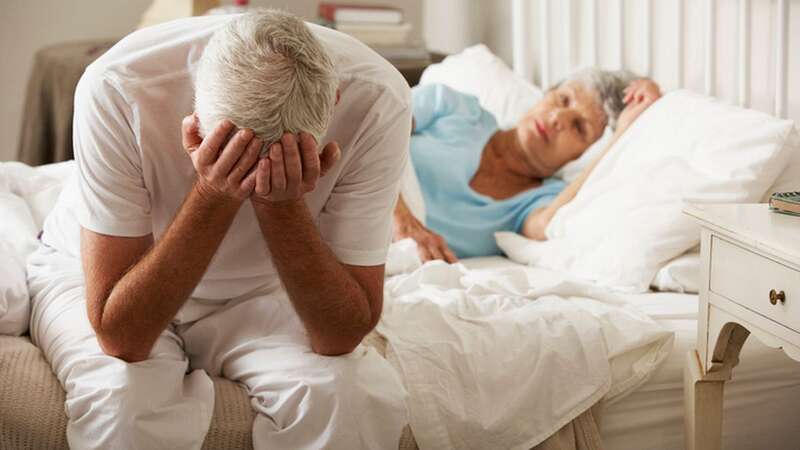
The number of people aged over 55 diagnosed with sexually transmitted infections like chlamydia has more than doubled in the last decade.
Experts believe this increase is due to higher divorce rates, not using condoms, the availability of Viagra, many older adults living together in retirement communities, and the rise of dating apps. A new study suggests that better sex education is needed for Baby Boomers as diseases such as chlamydia, gonorrhoea and syphilis are rapidly increasing in older people.
This research, which will be presented at a pre-congress day for this year's European Congress of Clinical Microbiology and Infectious Diseases, was carried out by the University of Warsaw, Poland. They used data from the US Centers for Disease Control and Prevention, which shows that rates of chlamydia, gonorrhoea, and syphilis among US adults aged 55 and older have more than doubled in the past 10 years.
The researchers also discovered that in England, there were 31,902 new STIs recorded in those over 45 in 2015, which increased to 37,692 in 2019 a rise of 18 per cent, with most new diagnoses in men who have sex with men. High STI rates have also been reported in older adults around the world, including China, Korea, Kenya, and Botswana.
Older people are still having plenty of sex, despite the common misconception that they become asexual with age. Professor Justyna Kowalska from the Medical University of Warsaw said: "People do not become asexual with age. In fact, with preventive medicine and improved lifestyles people are enjoying a healthy life and sex life for longer.
 Bishop told followers they could 'drop dead' without fake Covid kits costing £91
Bishop told followers they could 'drop dead' without fake Covid kits costing £91
"Older people often find greater satisfaction in their sex lives due to experience and known expectations. We need more role models like Samantha Jones in the TV show Sex and the City to challenge stereotypes around older sexuality." Research shows that half of men and almost a third of women aged 70 and over are still sexually active.
Older men are more likely to have higher levels of sexual desire, greater sexual frequency, and more sexual partners than women. A study involving 420,790 couples aged 67 to 99 years found that widowhood was linked to an increased risk of STIs in older men, but not women. The STI rates in men also rose when Viagra became available.
Professor Kowalska said: "Rising divorce rates, forgoing condoms as there is no risk of pregnancy, the availability of drugs for sexual dysfunction, the large number of older adults living together in retirement communities, and the increased use of dating apps are likely to have contributed to the growing incidence of STIs in the over 50s.
"These data likely underestimate the true extent of the problem as limited access to sexual health services for the over 50s, and trying to avoid the stigma and embarrassment both on the part of older people and healthcare professionals, is leading to this age group not seeking help for STIs. These findings indicate that sexual risk taking is common among older adults, particularly men."
The team suggests that better communication and education surrounding sex in the older generations could help tackle the issue. Professor Kowalska said: "Older people have a right to good sexual health, so let's normalise conversations around sex and older people, and change the narrative on ageing.
"Given that the number of people aged 60 years and older is set to double worldwide by 2050 and the widespread availability of drugs to enhance sexual activity, health professionals must be proactive in discussing sexual concerns and making sexual health a routine part of general health care for older adults."
She added: "Sexual health campaigns are focused on young people and overlook the needs and experiences of those aged 50 and older. Health promotion messages give the impression that condoms and concerns about STIs only apply to young people. But the dangers of undiagnosed and untreated STIs such as HPV-related cancers and onwards transmission are very real, particularly in this age group who are more likely to have underlying conditions such as heart disease and stroke."
Increasing older adults' knowledge of the risk of STIs and how to engage in safer sex is crucial to tackling record levels of STIs. Tailoring education programmes to the over 50s and including peer support and ensuring they are located within existing community settings is vital to their success. .
Read more similar news:
Comments:
comments powered by Disqus

































